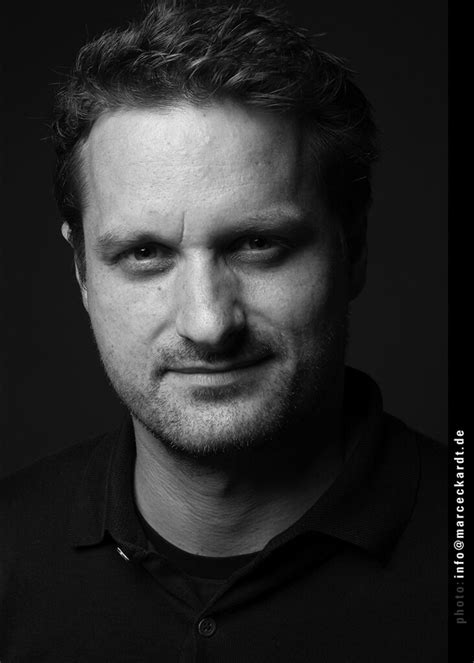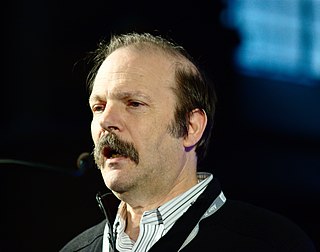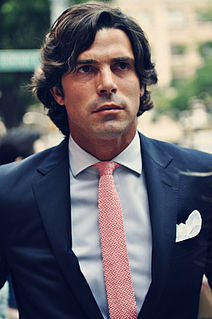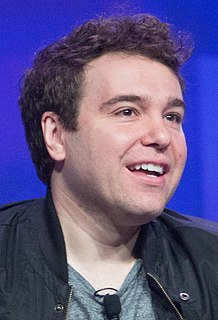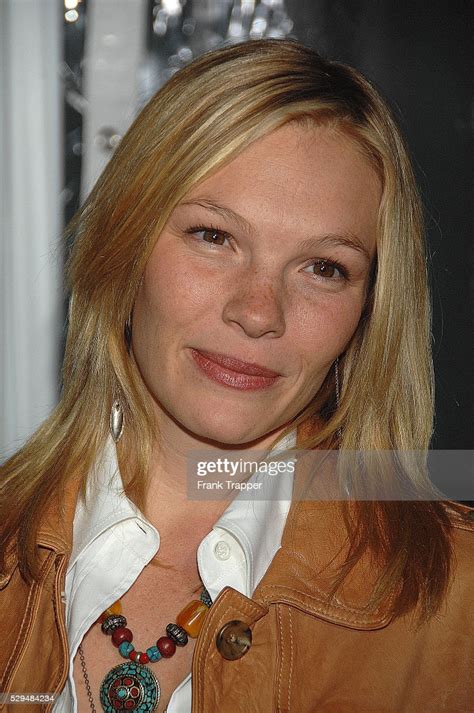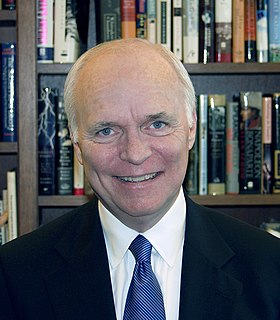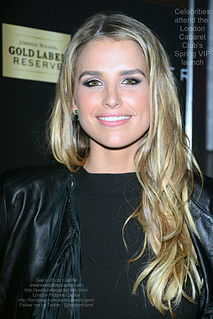A Quote by Andy Jassy
I think a lot of societal good is already being done with facial recognition technology.
Quote Topics
Related Quotes
We have self-assessment tools, computer-based tools to see how we are performing mentally in outer space and there's some also very interesting technology and work that's being funded by NRSBI to look at facial recognition to look at your patterns to see if you're experiencing stress or fatigue. It's a kind of thing that I think will gain acceptance with gradually. But it probably has more to immediate application in things like homeland security, and looking at facial recognition of people going through airports and things like that to see who's under stress.
I think that my relationship with Ralph Lauren has given me a lot of recognition; the photo is everywhere. You open a magazine and there's a photo of me in a fragrance ad. I think that brought me recognition and made me be able to talk more about the sport of polo. I think it has done a lot of great things for the sport.
You can't just think that you will get a job for no good reason... And I think that the other part is you have to work your way up, you know I did a lot of Xeroxing and getting coffee...I always did what I was asked to do. I delivered. People knew that I would get things done and get them done well. And that is a big part of our resumes, are based on being responsible and being willing to do what needed to be done.
In Silicon Valley, there are a lot of startups using computer vision for agriculture or shopping - there are a lot for clothes shopping. At Baidu, for example, if you find a picture of a movie star, we actually use facial recognition to identify that movie star and then tell you things like their age and hobbies.
I am extraordinarily fascinated by the future of technology. We are in the early infancy of technology, and we have an opportunity to guide how technology develops and integrates into our lives. I talk a lot about the 'invisible interface,' or the idea that we can utilize technology without being absorbed into a screen.
I think it's amazing when technology is used in a smart way, but the responsibility that comes with it... I think there's a lot of technology that we're using that we haven't thought through. It's a bit scary to put all your trust in technology and to think that that's what going to save us. We're going to have to make some compromises.


